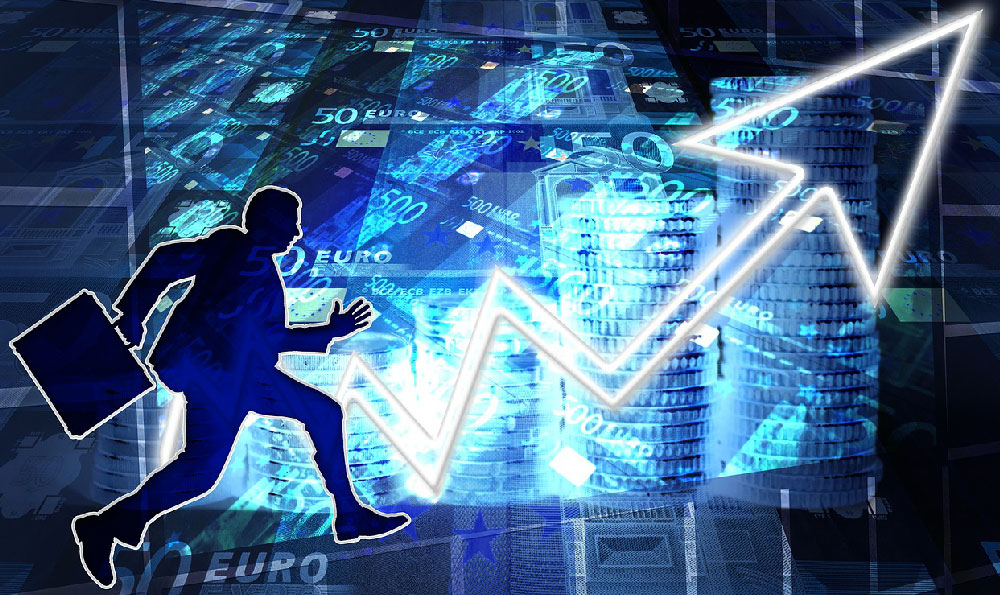Dubai has long been recognized as a global economic powerhouse, its financial success rooted in a strategic blend of innovation, Visionary planning, and geopolitical positioning. The city-state’s approach to generating economic income is a mirror of its broader economic policy, which emphasizes diversification, infrastructure development, and attracting international investment. By leveraging its unique geographical location, cultural appeal, and regulatory framework, Dubai has transformed itself into a hub that thrives on both traditional and emerging industries.
The foundation of Dubai’s economic stability lies in its robust real estate and construction sector. As a city that grew from a modest trading post to a sprawling metropolis, Dubai’s skyline is a testament to its investment in property development. Over the past few decades, the government has implemented policies to stimulate private sector growth, such as the establishment of beneficial ownership frameworks that allow investors to own property without direct residency. This has attracted a wave of foreign capital, enabling the development of iconic projects like the Palm Islands, which not only symbolize engineering excellence but also contribute significantly to tourism revenue. While the construction industry faced challenges during the global financial crisis, Dubai’s ability to adapt—through sustainable urban planning and investment in mixed-use developments—has ensured its resilience. The focus on smart cities and energy-efficient buildings further positions the sector for long-term profitability.
Tourism serves as another cornerstone of Dubai’s economic strategy. The city’s transformation into a global tourism destination began in the 1980s, with the opening of luxury resorts, theme parks, and cultural landmarks. The Jebel Ali Free Zone, for instance, has become a center for hospitality and entertainment, housing hotels that cater to international visitors. Despite initial concerns about economic overreliance on tourism, Dubai has diversified its offerings to include cultural tourism, such as the Sheikh Saeed Al Maktoum Cultural Centre, which blends modern design with traditional heritage. The World Expo 2020, held in 2021, showcased the city’s ability to host large-scale global events, generating billions in economic activity. By investing in tourism infrastructure and promoting itself as a luxury travel hub, Dubai has created a sustainable revenue stream that fuels other industries.

Financial services and banking have emerged as critical drivers of Dubai’s economy, particularly after the oil revenue plateaued. The establishment of the Dubai International Financial Centre (DIFC) in 2009 marked a turning point. Unlike traditional financial hubs, DIFC offers a regulatory environment tailored for international businesses, allowing banks and financial institutions to operate under Sharia-compliant principles. This unique framework has attracted fintech startups and global financial firms, contributing to a thriving market. The city’s investments in fintech innovation, such as blockchain-based payment systems and digital banking, reflect its forward-thinking approach. By positioning itself as a financial technology leader, Dubai has not only expanded its economic base but also created job opportunities and fostered entrepreneurship.
Trade and logistics form another key pillar of Dubai’s economic model. As a strategic gateway between Europe, Asia, and Africa, the city has developed an extensive network of ports, airports, and free zones. The Jebel Ali Port, one of the busiest in the world, plays a central role in global trade, facilitating the movement of goods and services. Dubai’s free trade zones, such as DXB and DMCC, offer tax incentives and 100% foreign ownership, making them attractive for import-export businesses. The government’s focus on trade diversification, including the expansion of the Dubai Multi Commodities Centre to cover a wider range of products, has helped sustain economic growth. These initiatives have made Dubai a major player in global supply chain management, ensuring steady income from international trade.
Dubai’s foray into renewable energy and sustainability further underscores its economic adaptability. As a city that once relied heavily on oil, its leaders have invested in solar power and other green technologies to reduce dependence on fossil fuels. The Shams Power Plant, one of the world’s largest solar energy projects, exemplifies this shift. By prioritizing sustainability, Dubai has attracted environmentally conscious investors and positioned itself as a leader in the green economy. This not only generates revenue from energy exports but also creates opportunities in sectors like clean technology and sustainable infrastructure.
The city’s diverse economic ecosystem is supported by its regulatory environment, which encourages entrepreneurship and innovation. Dubai’s no-minimum-capital rule for businesses and its flexible labor laws have attracted a global workforce, enabling the growth of startups and SMEs. The government’s efforts to create a business-friendly environment, such as the establishment of the Dubai Startup Accelerator, have further cemented its status as a global entrepreneur hub. This culture of innovation ensures that even in times of economic uncertainty, Dubai can generate income from emerging sectors.
Finally, Dubai’s ability to generate economic income is deeply tied to its geographical and geopolitical advantages. Located at the crossroads of major trade routes, the city has become a logistics hub for global companies. Its strategic investments in ports, airports, and roads ensure seamless connectivity, which is essential for trade and tourism. Moreover, its relationships with key global partners and participation in international trade agreements have enhanced its economic resilience. These factors, combined with its focus on innovation and sustainability, ensure that Dubai remains a magnet for investment and a model for economic development.
In conclusion, Dubai’s economic success is the result of a multifaceted strategy that balances traditional industries with modern innovations. Its ability to generate income through real estate, tourism, finance, trade, and sustainability highlights its adaptability and vision. By continuously evolving its economic policies and investing in key sectors, Dubai has positioned itself as a global economic leader, capable of weathering challenges and thriving in a competitive landscape.












